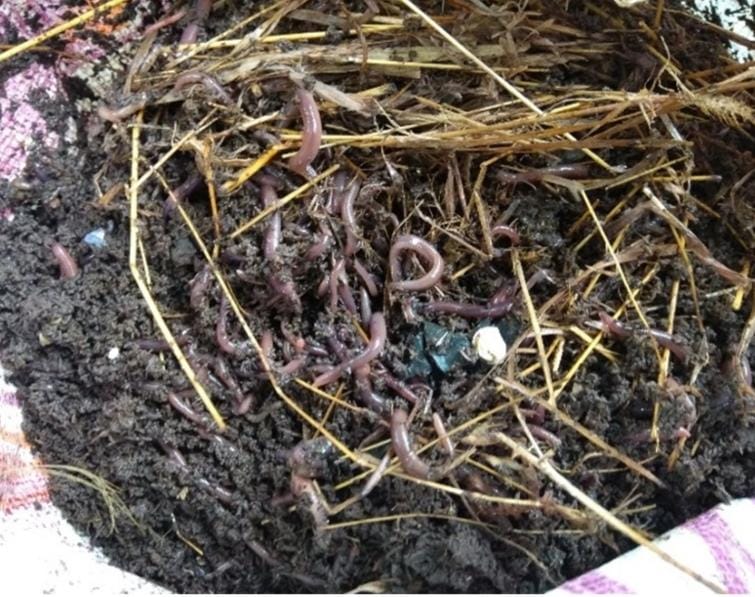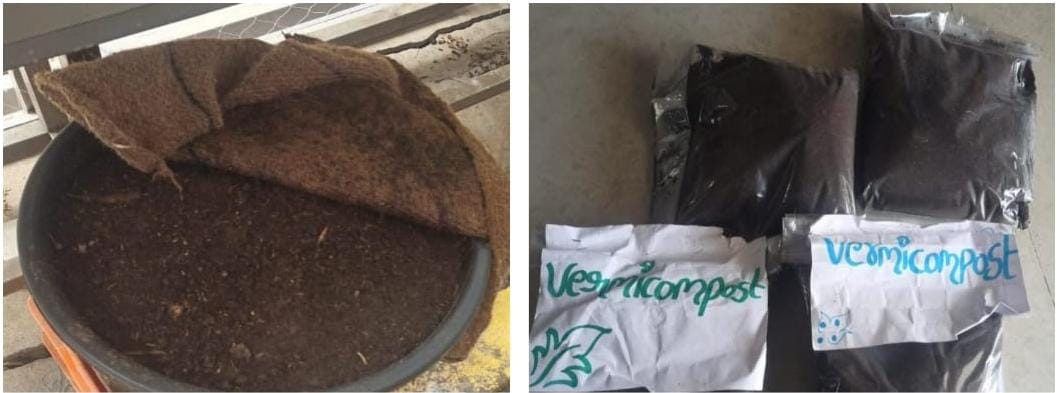Departments - ZOOLOGY - BEST PRACTICES
DEPARTMENT OF ZOOLOGY
TEACHING LEARNING PRACTICES
Department of Zoology followed more than 4 best practices in Teaching Learning Practices so as to enable effective learning.
II. Objectives of the Teaching learning Practices:
- P.G. COACHING
- Student seminars
- Quiz/Group Discussions
- Extension Activites
- Field Trips
- ICT Learning
- Vermicomposting
EVIDENCE OF SUCCESS
TEACHING LEARNING PRACTICE-1
P.G COACHING
The PG course is advanced level of study that students take after completing their undergraduate degree. Comprehensive curriculum comprising subject-specific lectures, problem solving sessions, practice tests and exam strategy discussions.Tailored content to acquaint students with the CUCET, CPGET, JAM etc. exam pattern, syllabus and PG effective preparation methodologies. The Practice of P.G Coaching started from 1st batch outgoing Final years. A Particular syllabus was framed as per universities and it is partitioned into 120 days. Each week a particular topic is taught to students in P.G hour and students have to practice. At weekends a P.G Weekend Test will be conducted and the scripts are evaluated and mistakes are explained to students.
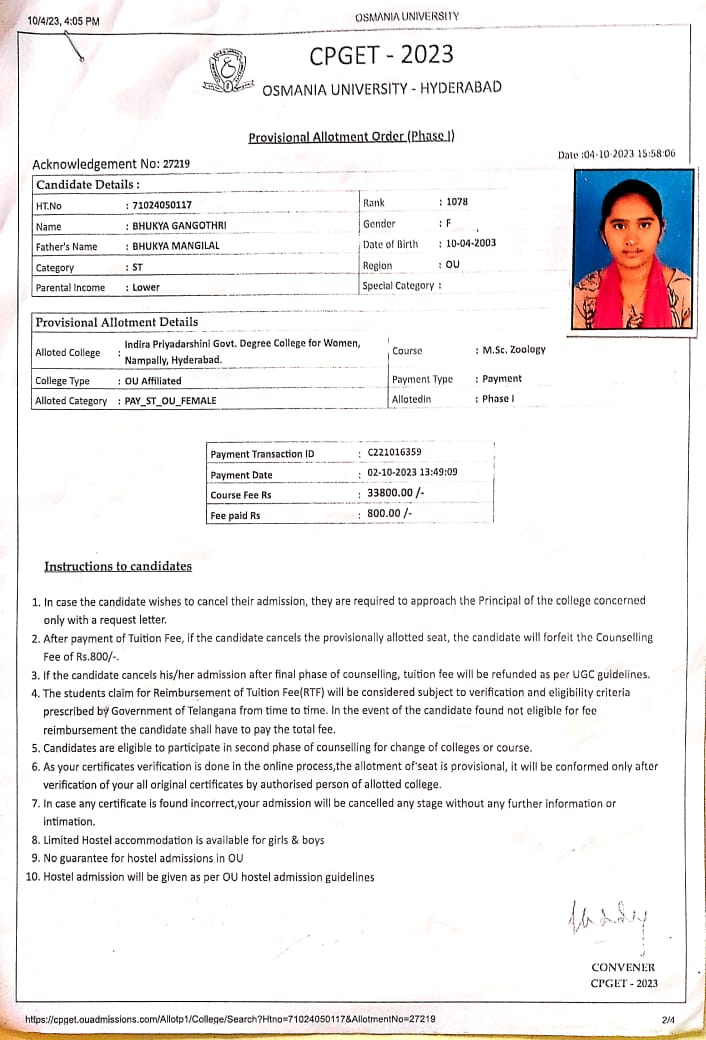
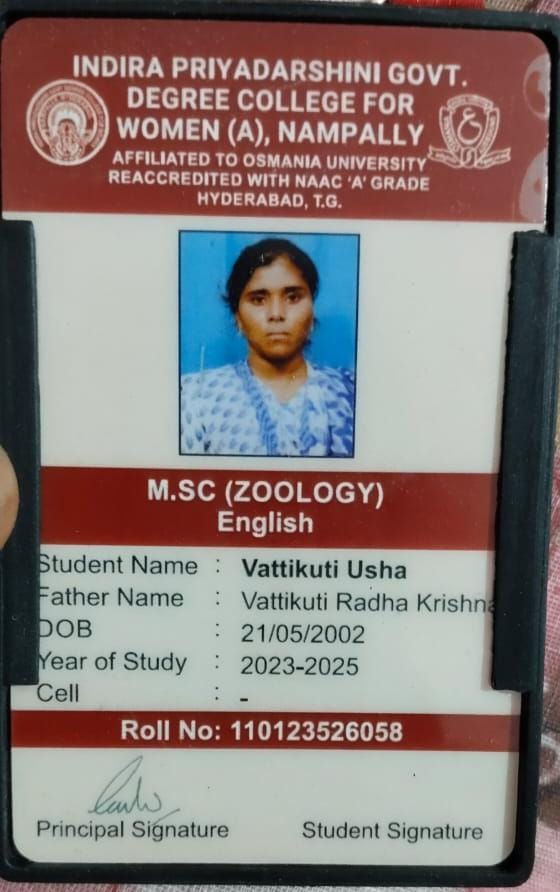
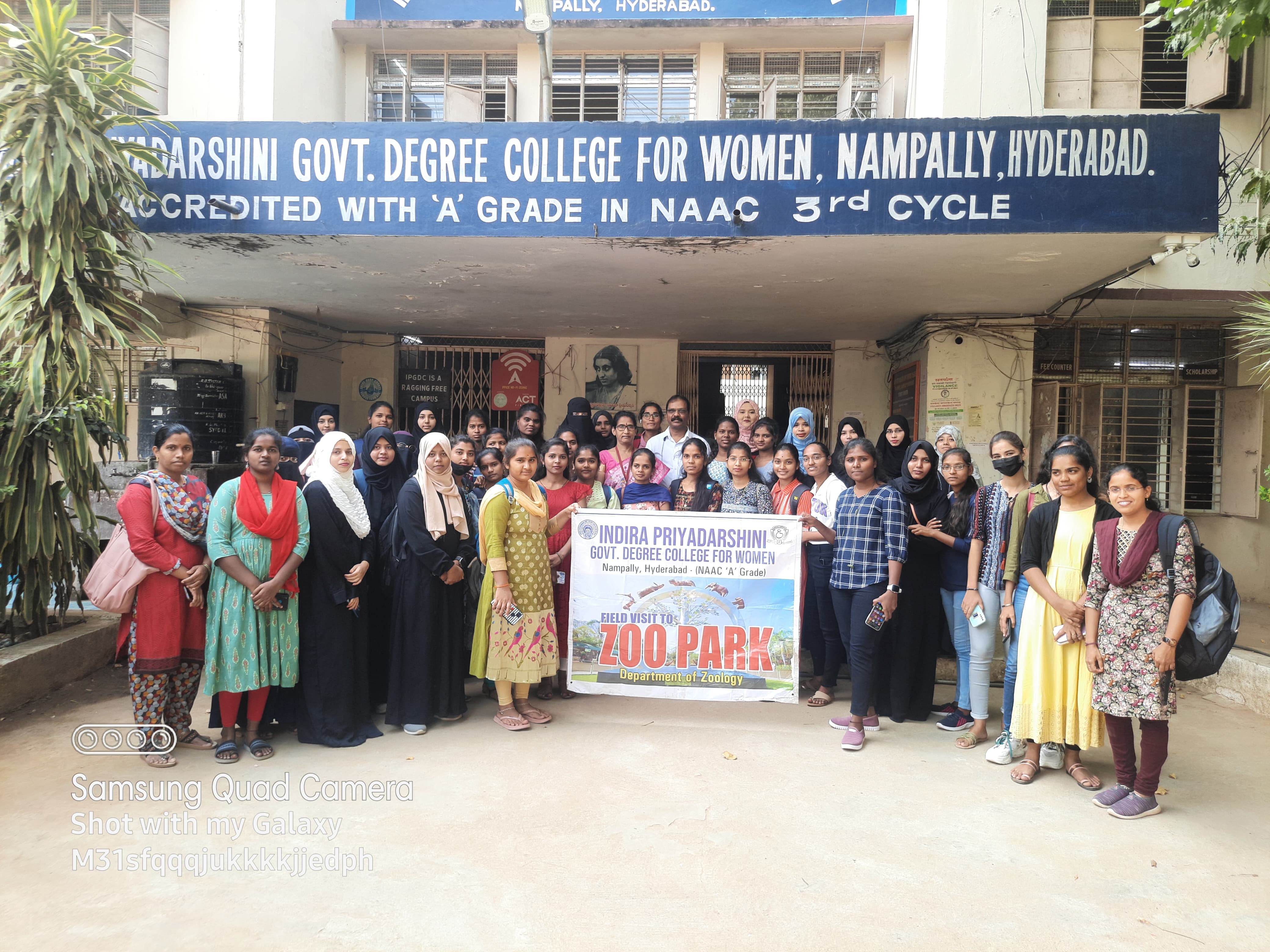
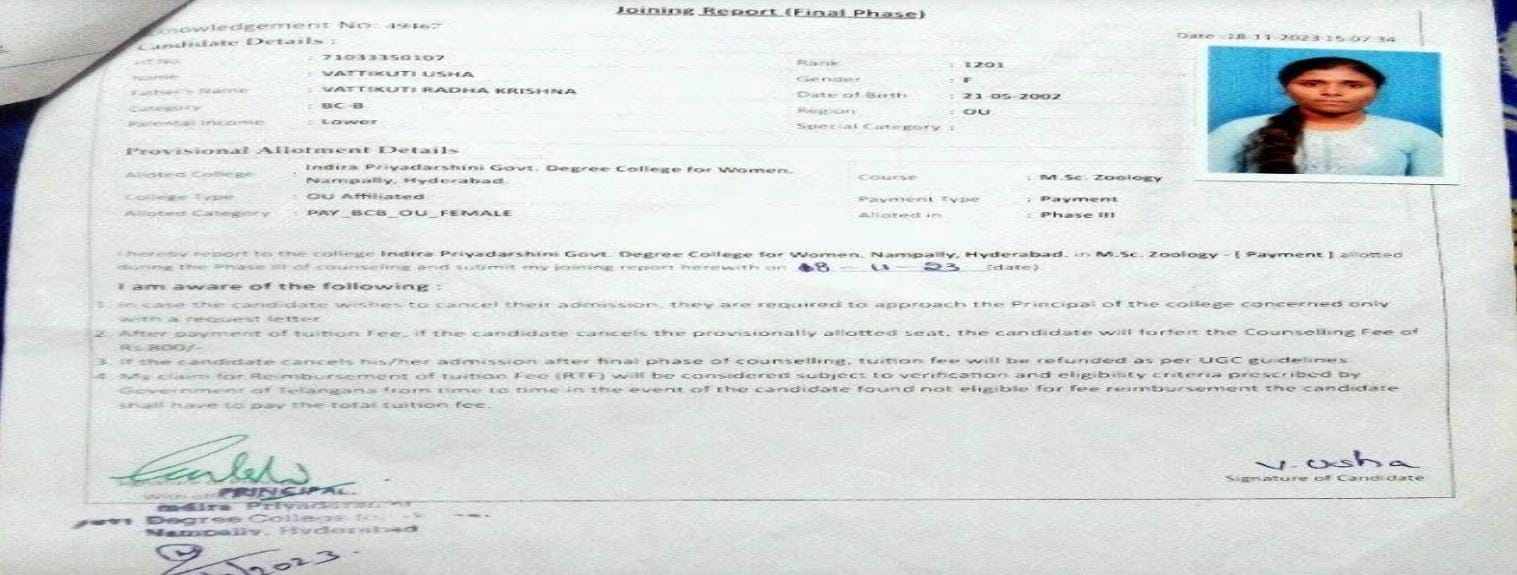
Teaching Learning Practice-II
DIFFERENT TEACHING STRATEGIES
1.STUDENT SEMINARS
Student Seminars allows students to gain a better understanding of the material and to develop their research, presentation, and critical thinking skills. Students become more confident and independent. Attending a seminar has numerous benefits, including improving communication skills, gaining expert knowledge, networking with others and renewing motivation and confidence. Additionally, attending seminars can also help students to network with their peers and instructors, and to learn about current research and developments in their field of study.
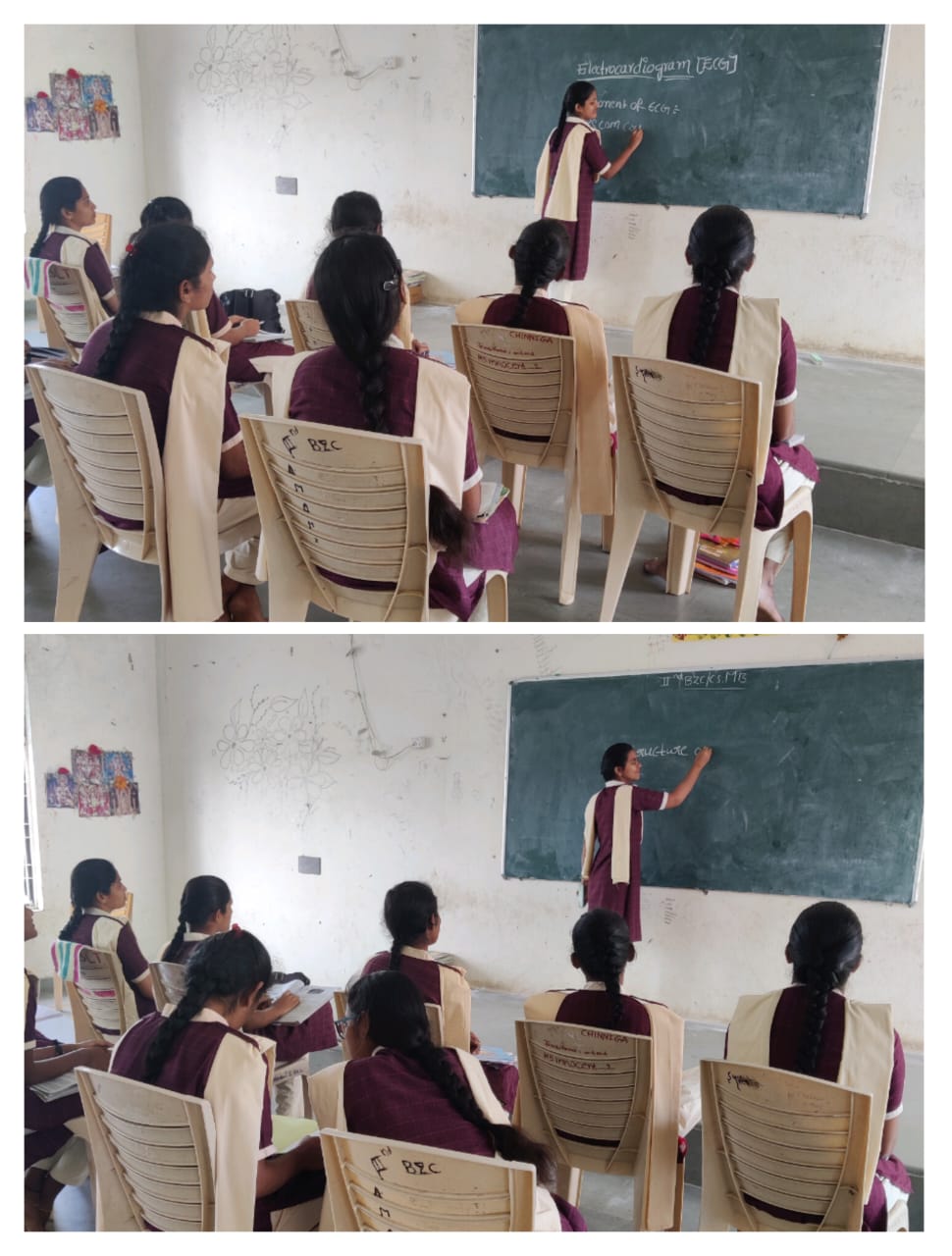
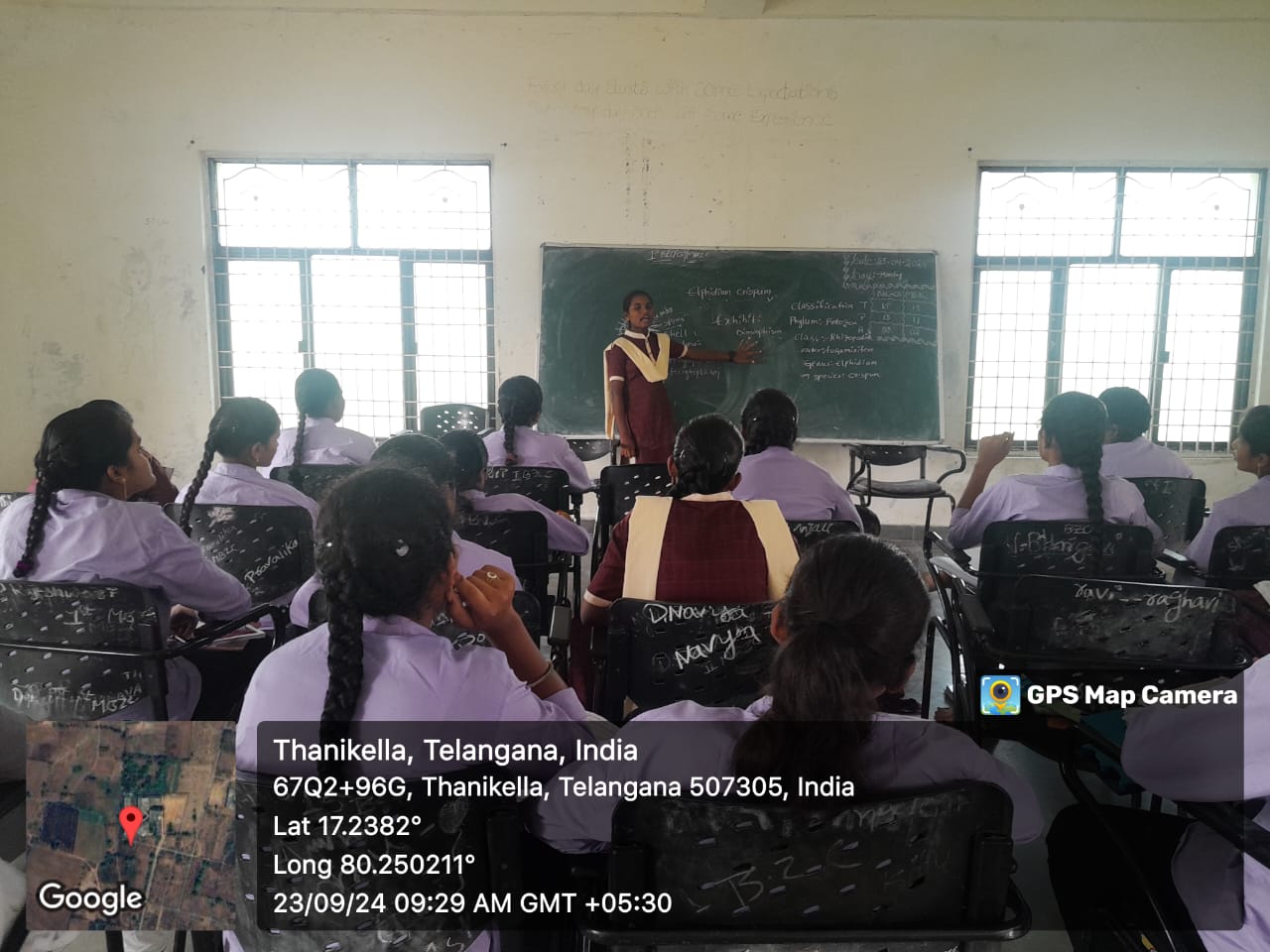
2. QUIZ and GROUP DISCUSSIONS
- Evaluating a student’s understanding of a subject
- Assessing an employee’s knowledge of company policies and procedures
- Providing feedback to a person on their strengths and weaknesses
- Testing a person’s general knowledge or trivia skills
- Televised for entertainment purposes, often in a game show format.
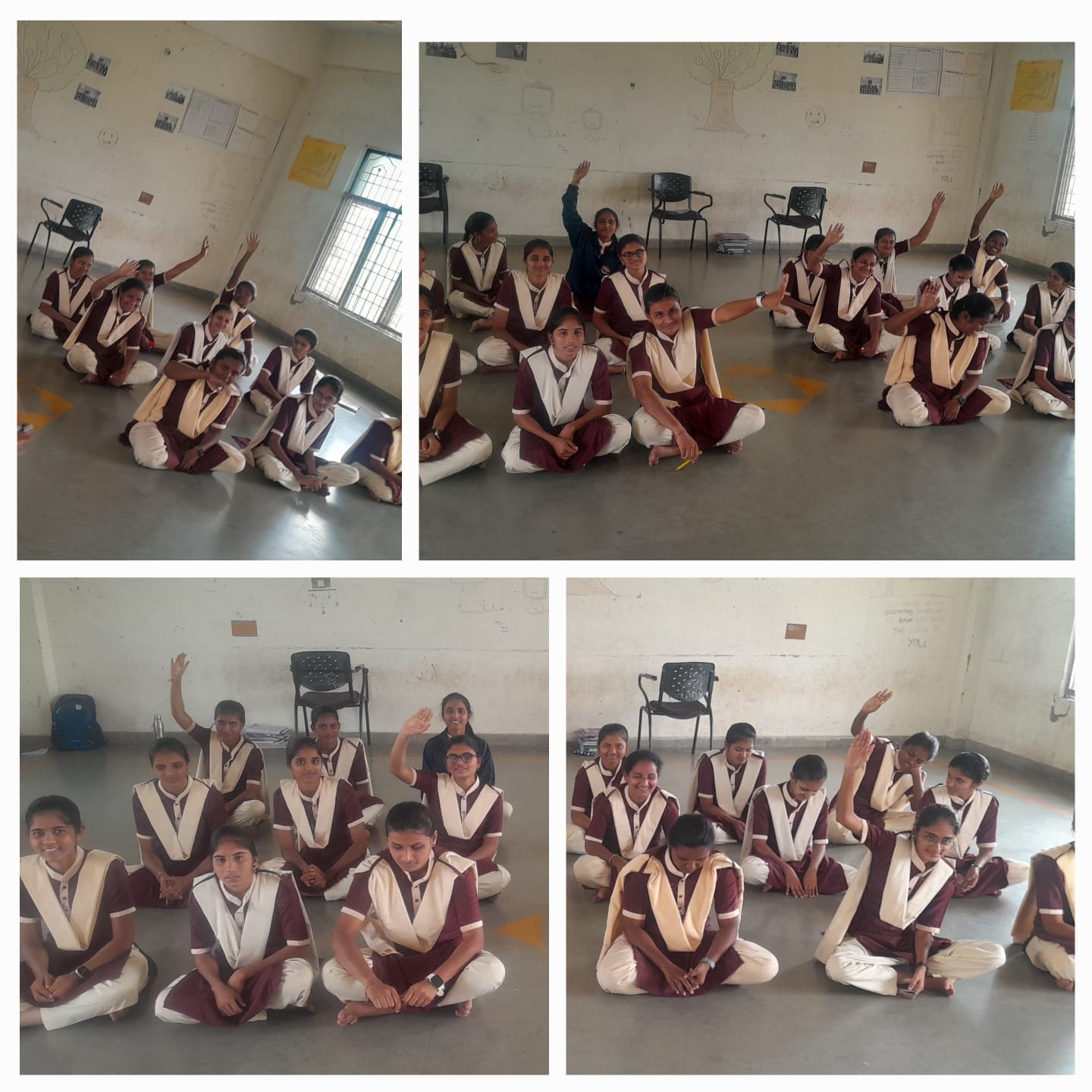
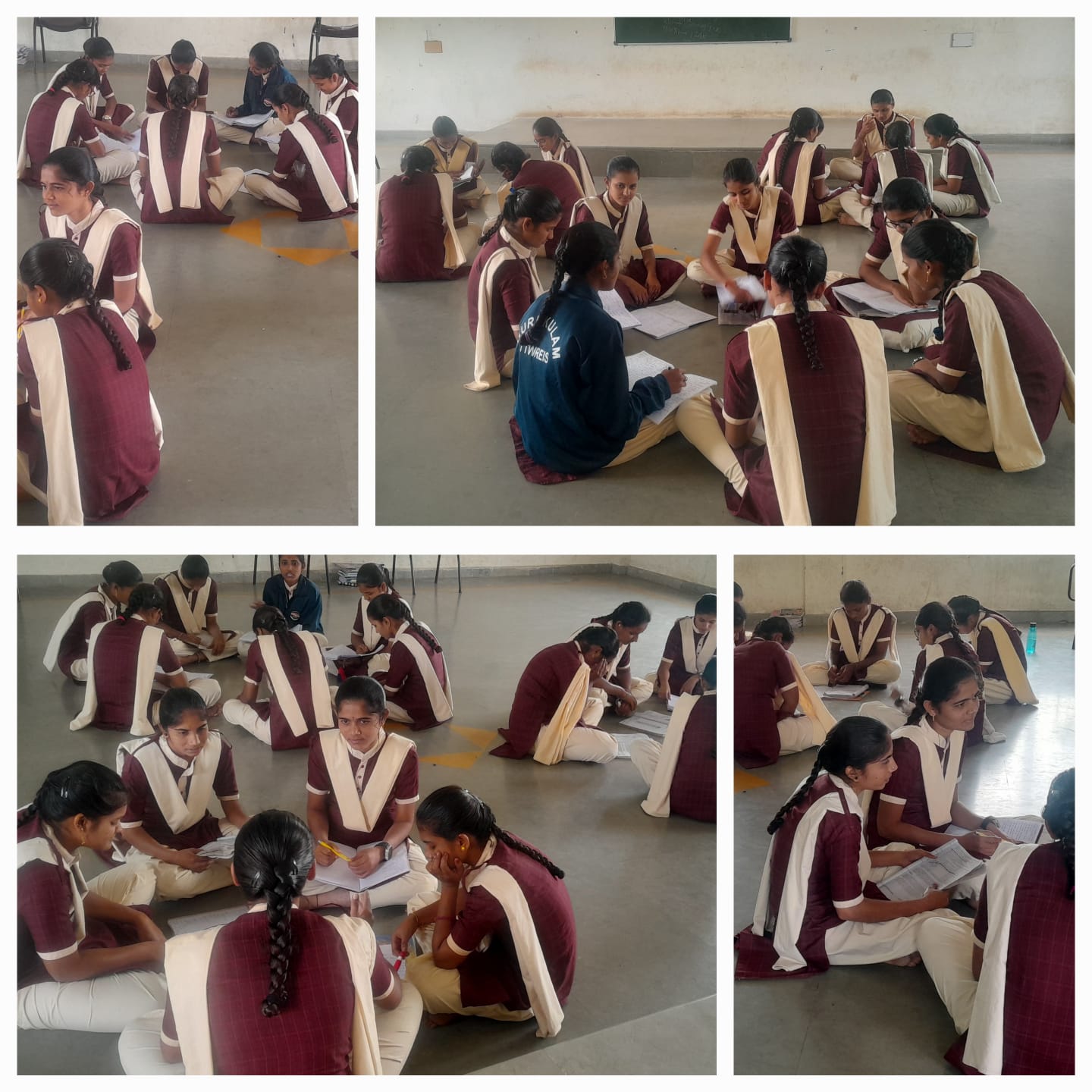
3.Extension Activities
- Enhance skills and knowledge among students and community members on zoological topics, such as wildlife conservation, animal behavior, or ecology.
- Promote leadership and mentorship among students and community members to inspire others to take action on zoological issues.
- Break complex tasks into parts and steps
- Refine understanding through discussion and explanation
- Give and receive feedback on performance
- Challenge assumptions
- Develop stronger communication skills.
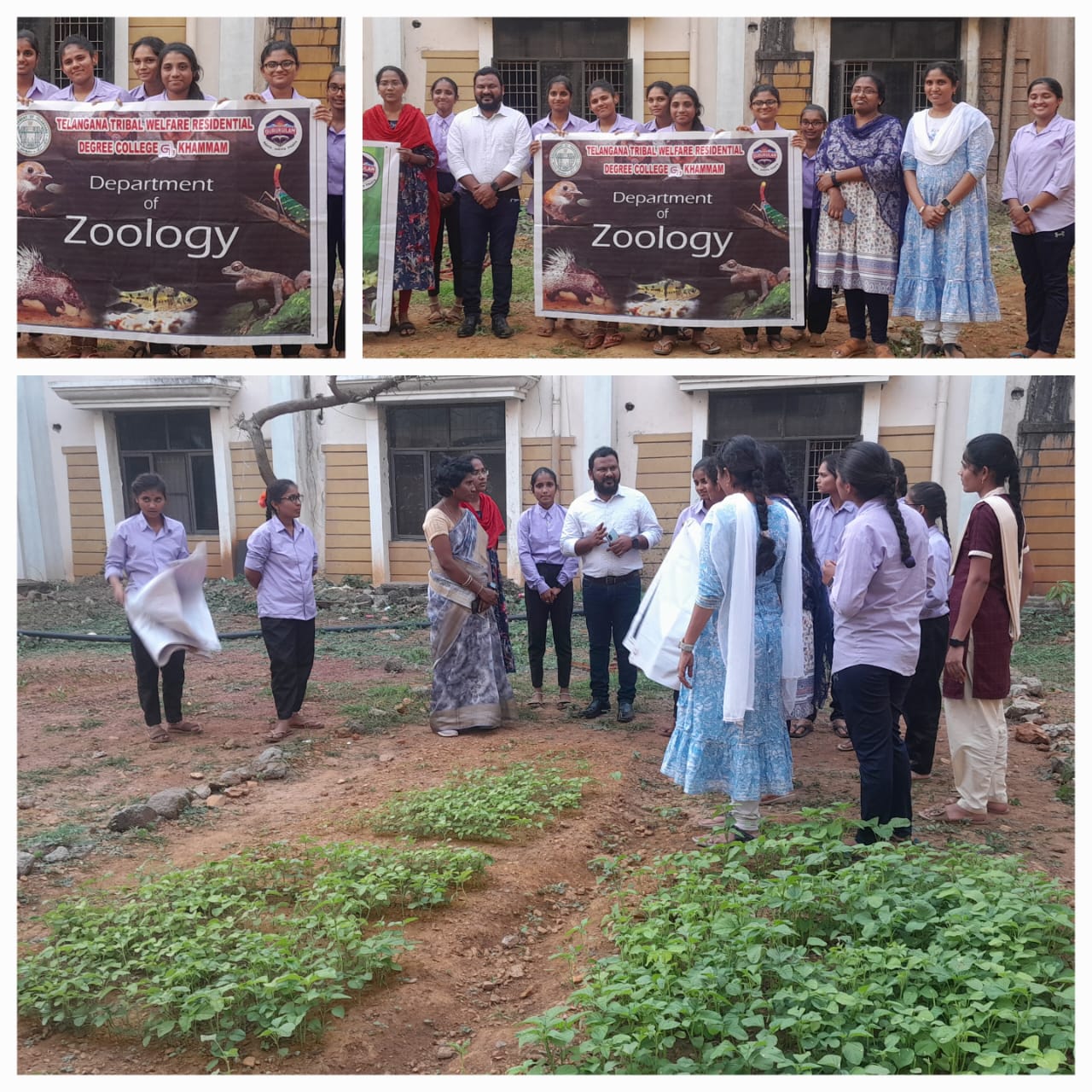
4. FIELD TRIPS
1. Understanding of animal behavior: Students understand and can describe animal behavior, habitat, and interactions in their natural environment.
2. Knowledge of ecosystems: Students can identify and describe different ecosystems, such as forests, grasslands.
3.Observation and recording skills: Students can observe and record animal behavior, habitat, and interactions in their natural environment.
4. Fieldwork skills: Students can conduct fieldwork, including data collection, sampling, and habitat assessment.
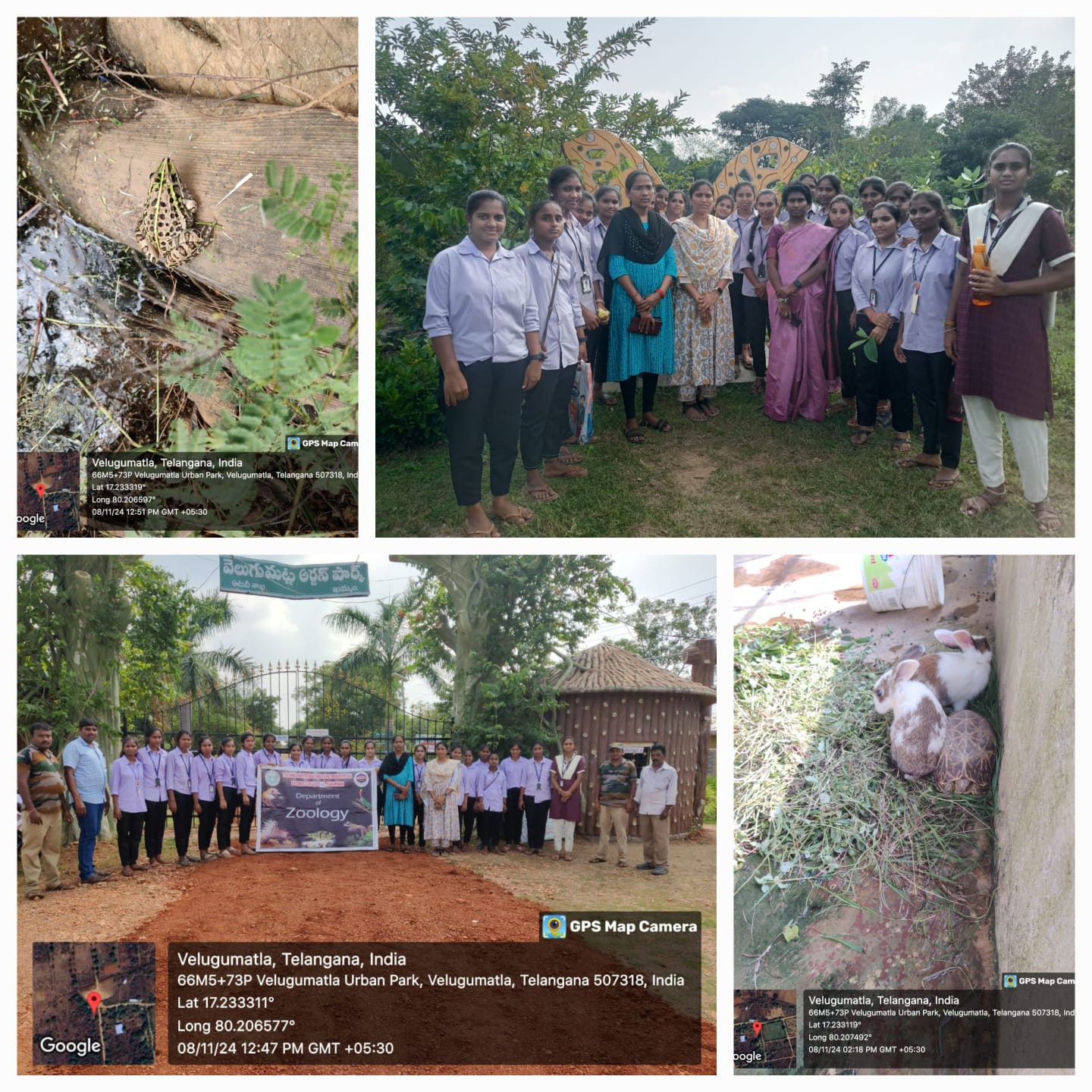
Teaching Learning Practice – III
TITLE OF THE PRACTICE:
OBJECTIVES
- Improved teaching and learning
- Higher-order cognitive skills
- Better retention
- Improved communication
The Digital classroom became lively, fun and exciting as the technology provides opportunities and new ideas. Students developed their retention power because the old traditional technique mainly focused only reading and writing, while Modern techniques attracts attention as it presents new ideas.
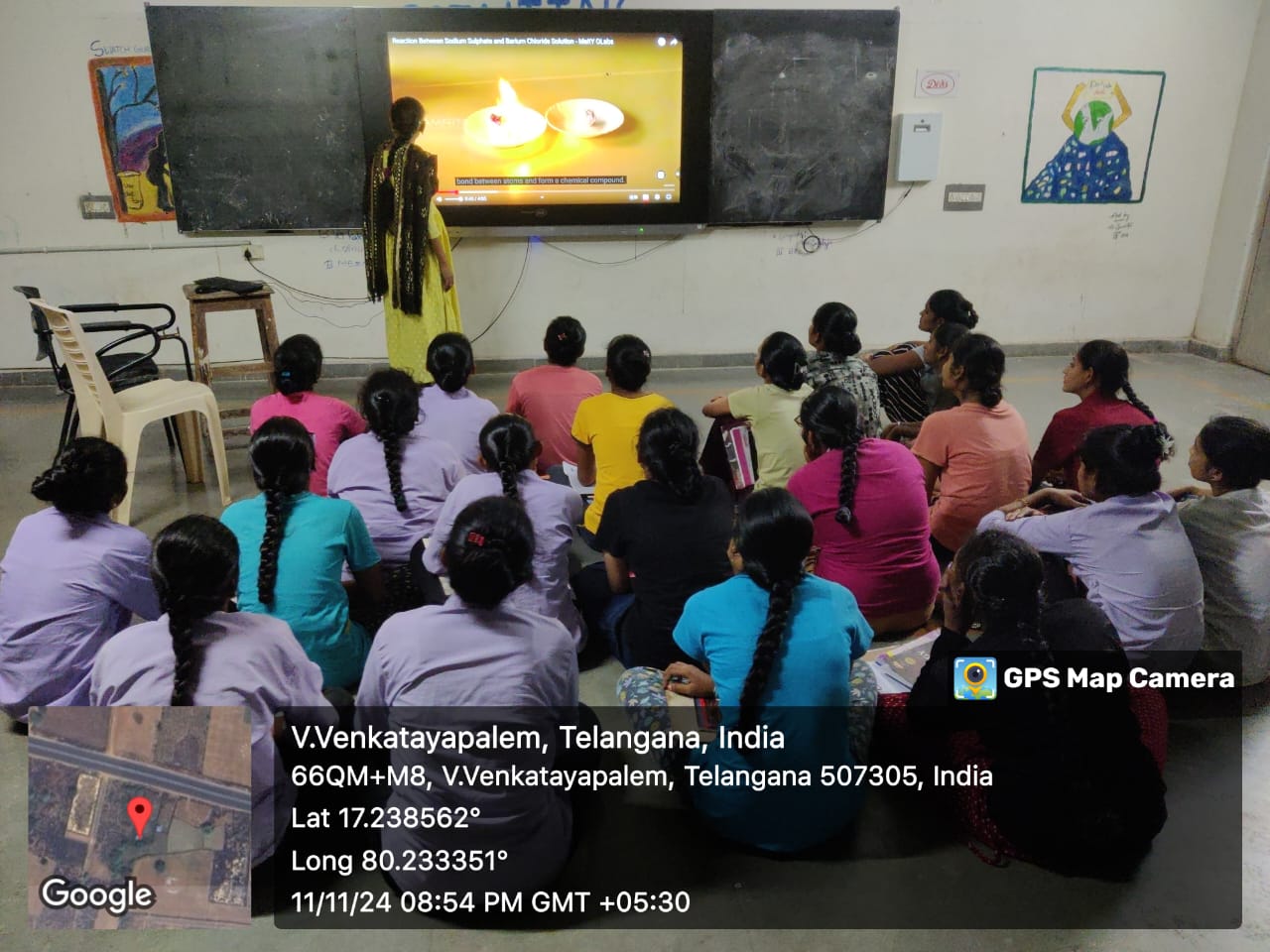
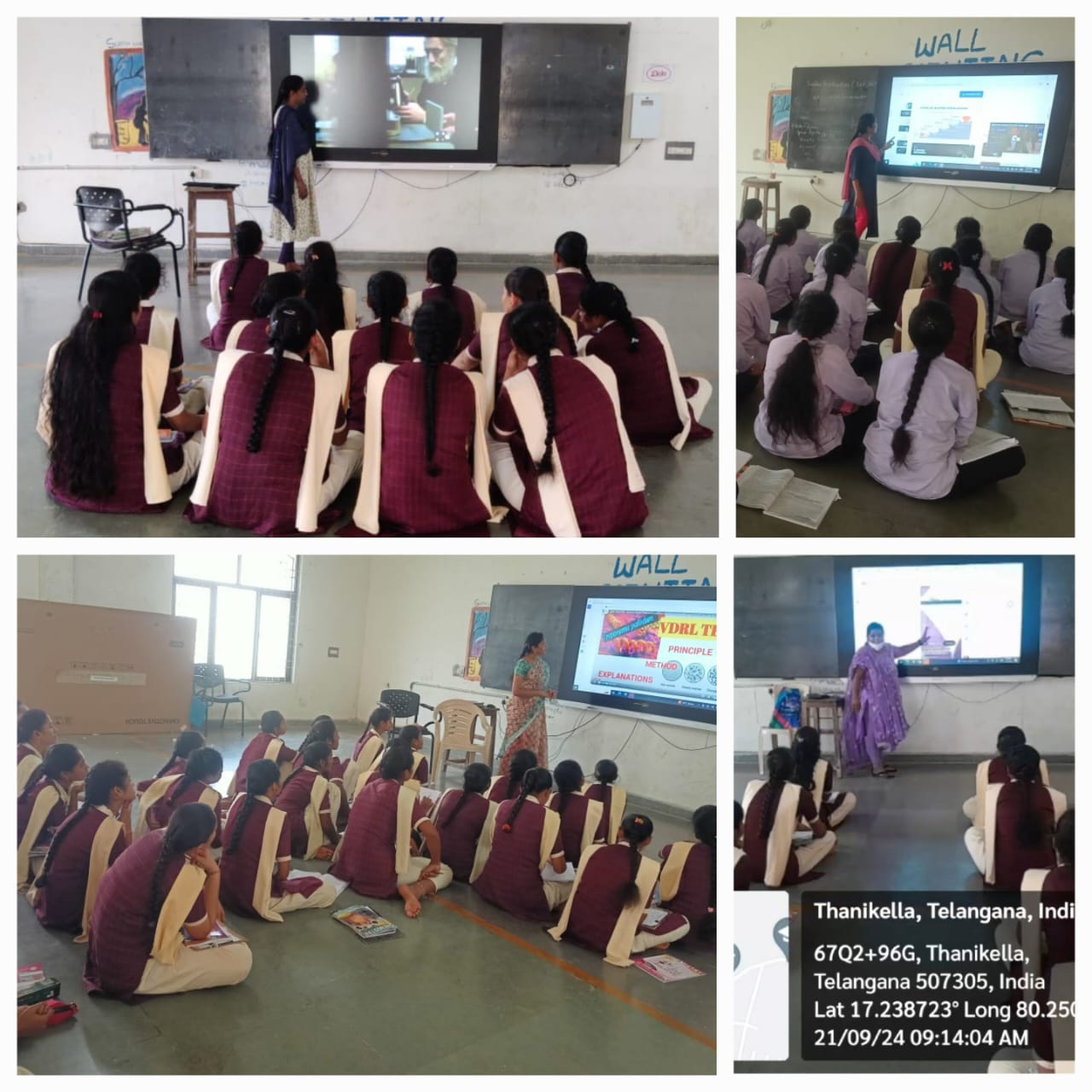
Teaching Learning Practice – IV
VERMICOMPOSTING
Background in taking up the project
- Since our college generates a lot of garbage,like dry leaves,kitchen waste ,fruit peels and vegetable peels,we have chosen this method to recycle it.
- We are doing this from September month for 2022-23 academic year in our college.
- To use college organic waste like litter for vermicomposting
- The use of vermicompost to flora of college campus
- To guide the enable the farmer to produce nutrient rich compost from the available kitchen waste and thereby to improve soil fertility
- Vermicomposting is an excellent method of recycling of soil and home waste.
- So this promotes more usage of vermicomposting rather than pesticides and fertilizers.
- Not only it’s advantages to environment, but also our students will also try to become future success in vermicomposting.
